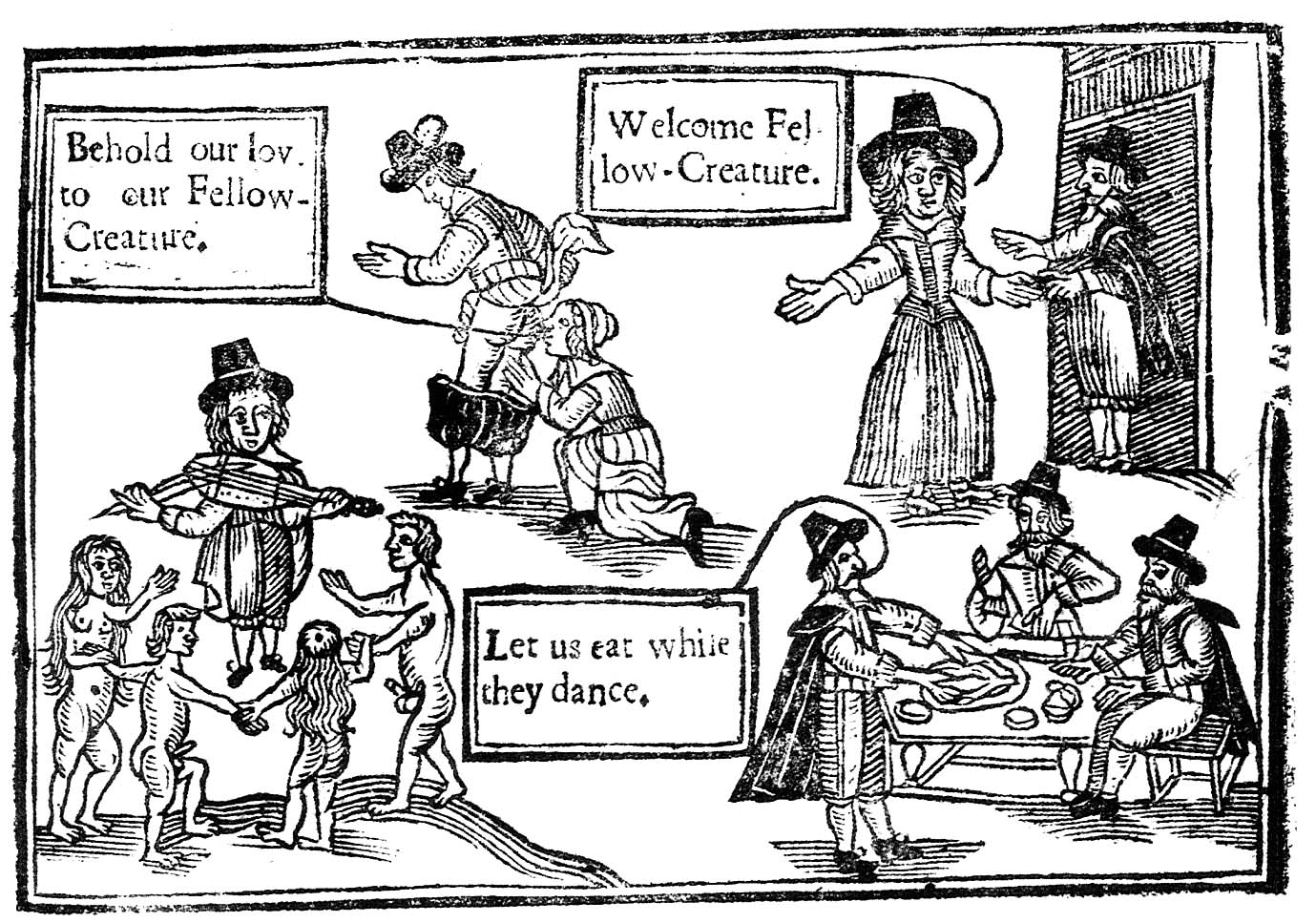Events
Discourses 2
Radical Forms in Printed Matter
Curated by Andrew Hodgson
with Karen Di Franco (London, UK), Luis Juárez (Buenos Aires, AR), Matt Plezier (The Hague, NL), Stewart Home (London, UK)
2pm - 4pm, Sunday, 19th May

Discourses borrows from the academic format of panel presentations and discussion with the goal of digging a little deeper into the discourse themes than the regular format of artist talks might allow. As a performance in artistic research, speakers are asked to develop a presentation focused on a facet of interest within the theme of their panel. The goal of each panel is to develop a wide-ranging, exploratory discourse around understandings of the theme through combining aspects of the art historical, art practical, and art theoretical.
Karen Di Franco
Fragmented Forms: Excerpting, Republishing and Serialisation in Self-Publishing
This presentation looks at the process of excerpting, republishing and serialisation as distinctive processes tethered to the materiality of print, whereby the instance of publishing articulates a particular moment of the trajectory of the work. In several examples, fiction is woven along with other forms and strategies of making; responding to the interdisciplinary and discursive nature of dematerialised practices at the end of the 1960-70s. It also detail some of the particular routes towards publishing undertaken by women practitioners in this period. This is a ‘minor’ history of artists’ publishing, not formulated on one distinctive or formulated outcome, but materialised as heterogenous encounters: performance, installation, reading, exhibition back into published forms that continued the discursive process through distributed networks of exchange that extended the dialogue of circulation.
Karen Di Franco is a curator and writer, working in the fields of exhibition making and art historical research. She specialises in post-1960s feminist art practice and artists’ publishing, alongside the contexts of iteration, fiction writing and performance as points of enquiry in her work. She is Programme Leader of MLitt Curatorial Practice (Contemporary Art) at Glasgow School of Art and Programme Curator at Chelsea Space, Chelsea College of Arts, UAL.
Luis Juárez
Printed Matter and the Documentation of Queer Pasts and Perversions
With this talk I look to question the hegemonies that dominate the field of publishing. I will discuss magazine publishing as a form of memory work, of reappraisal through printed formats. I will discuss how history is depicted in printed work, who has the access that permits the telling of queer stories, and to question the role of the academy in that process of telling stories. This talk dives into queer pasts and their documentation, and the act of revitalising these histories through new print projects today. In doing so, I will discuss methods of revisiting queer history in order to create new narratives that bring forgotten and marginalized experiences of the past to the social and cultural fore today. I will link this to my work on the publication Balam, and my efforts to create a document that serves as a collective archive of suppressed queer lives of the past for future generations. I will speak on how the publication uses photography and paper as a medium to manifest the broken voices of the past, voices that still do not fit into the institutional cultural model, nor the status quo of photography today.
Currently based in Buenos Aires, Luis Juárez works as an editor, curator and cultural practitioner in the field of photography. He manages artistic projects and produces books, magazines, exhibitions and art fairs. Since 2015 he has worked as the editor of Balam, a contemporary photography magazine. He is founder and director of MIGRA, a collective that arises from the need to generate a community space for platforming and supporting printed art matter. This involves the organisation of the MIGRA Fair, the Buenos Aires Art Book Fair. Juárez is a member of the Argentina Trans Memory Archive, a space for the protection, construction and vindication of trans memory.
Matt Plezier
Stick(er) it to the Man: A Radical Form of Publishing
Stickers in the urban landscape engage with public spaces in a direct manner. Public space is integral to people’s ability to express and claim the right to the city, “not merely a right of access to what already exists, but a right to change it after our heart’s desire” (David Harvey, 2003). Stickers are ideal for this task, they are cheap to make, they stick to any surface and are hard to clean. Many protest stickers are attempts to persuade, to bring attention to urgent themes, or are a form of territorial space-claiming. Whatever the goal, stickers participate in public debates transforming the public space into a bulletin board. With this presentation I expand further on the role stickers play in my practice and beyond.
Matt Plezier’s current art and publishing practice is informed by DIY ethics, stemming from his commitment to underground scenes. This leads to an approach that is both sensitive to divergent contexts and focused on the broad dissemination of topics. His process includes the use and experimentation of his photography, re-photographed newspaper images, image appropriation, found objects, text and silkscreens on materials for mixed media installations and publications. Repurposing and mindful usage of everyday (production) materials, translating situated narratives into accessible concepts. The engagement in (self) publishing and spatial intervention results in a multi-disciplinary approach, seeking to transform theory into action.
Stewart Home
On Reviving Out of Copyright & Often Forgotten Horror Fiction to Protest Against Contemporary Urban Overdevelopment & Gentrification
It may not be immediately apparent to everyone but any writer who has spent years producing postmodern fiction has many transferable skills that can be usefully deployed in political activism. Having involved myself in protests against a luxury apartment development in central London, I decided to edit an anthology of horror stories set in this abomination. Before long I found myself encouraging other writers to use the kind of hardcore textual appropriation I favoured to protest against the blight of empty ghost homes bought to take advantage of an overheated property market in which an investor can make money from buying a flat, leaving it empty and selling it on at a profit a few years later. I will outline the specific issues and protests leading to my 2020 anthology Denizen of the Dead as well as the postmodern writing processes that led me to this radical form of print on demand literature. In terms of authors providing material to plunder for such projects my focus will be on convicted Victorian fraudster Richard Marsh, whose now largely forgotten novel The Beetle proved more popular than Bram Stoker’s Dracula at the end of the nineteenth century.
Stewart Home was born in London in 1962, where he still lives. He has been working as an artist since the early 1980s and had a mid-career retrospective at White Columns in New York in 2011. Home has work in the Arts Council of England collection. He is the author of 17 novels, 7 books of cultural commentary, as well as collections of short stories & poetry. He spends much of his free time doing things that completely exasperate the political status quo that controls the civic structure in the part of London in which he lives.
Dr. Andrew Hodgson is a writer and researcher based in Paris. He is author of the critical studies The Post-War Experimental Novel (Bloomsbury, 2019) and Surrealisms (Bloomsbury, 2025), and the novels Reperfusion (WPS&B, 2012) and Mnemic Symbols (Dostoyevsky Wannabe, 2019). He has edited two collections of experimental writing, Paris (Dostoyevsky Wannabe, 2019) and Praxis (Dostoyevsky Wannabe, 2021). For the book object New Forms of Art and Contagious Mental Illness (New Documents, 2023), he selected and translated a series of texts from Danish into English, describing an episode in art history following the First World War when avant-garde art and literature was thought to be a pathogen of “contagious psychopathy.” His writing has appeared in frieze, Art Basel, The Paris Review, The Guardian, and 3:AM Magazine among other venues.
